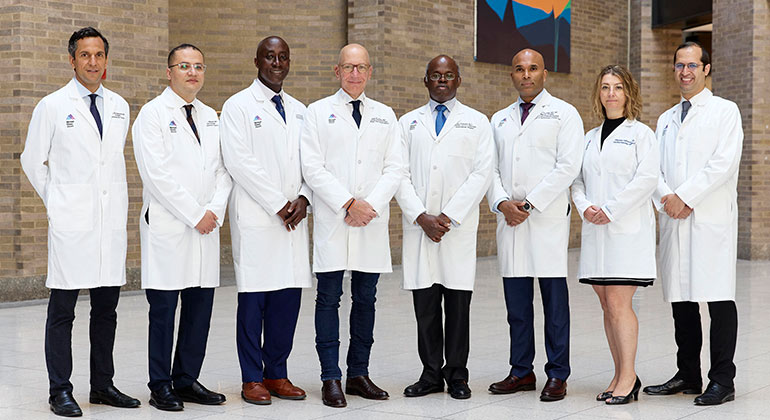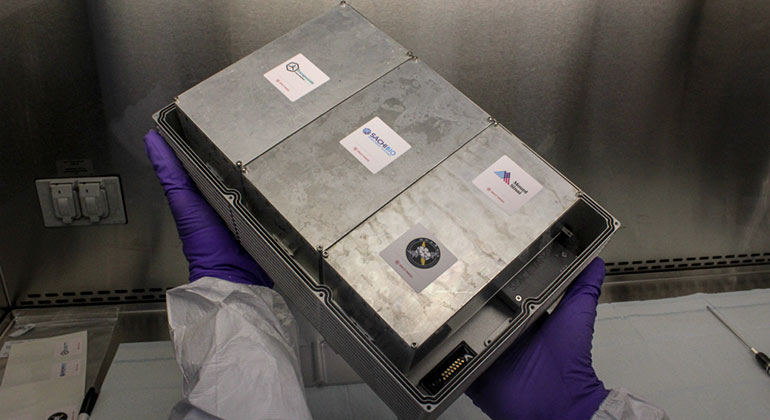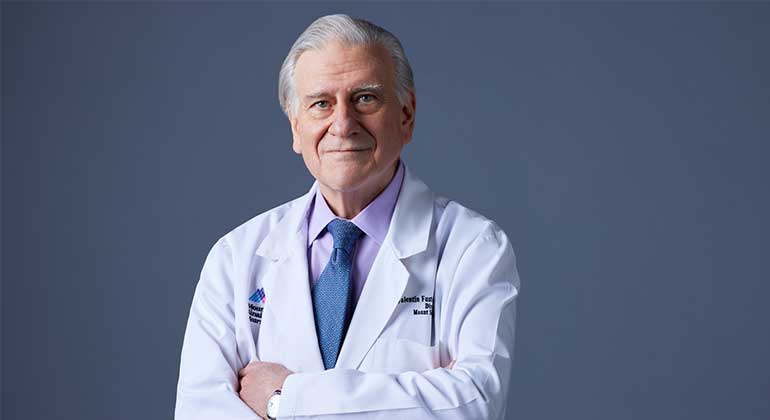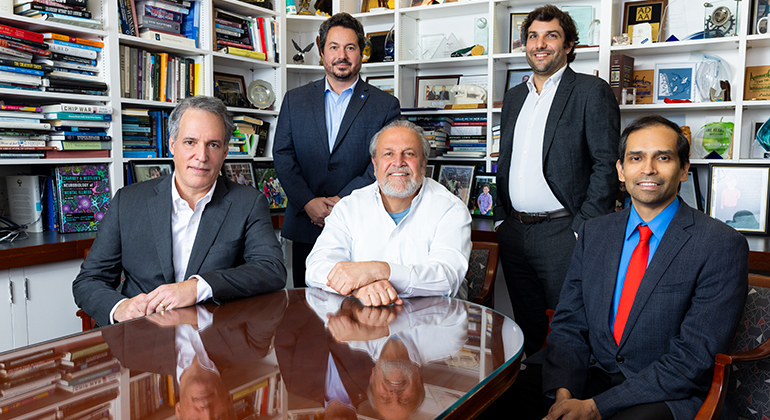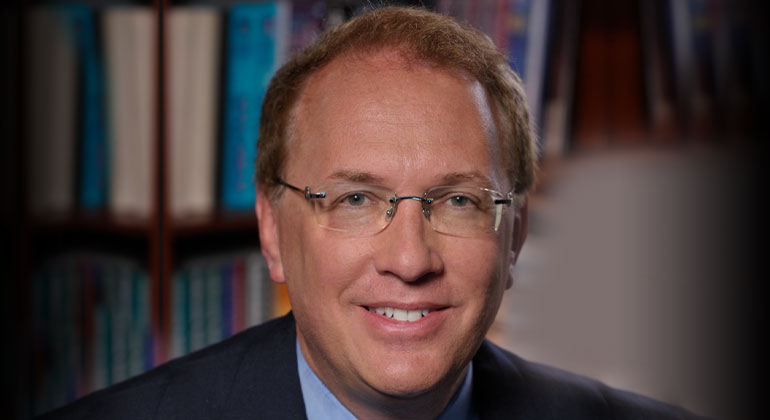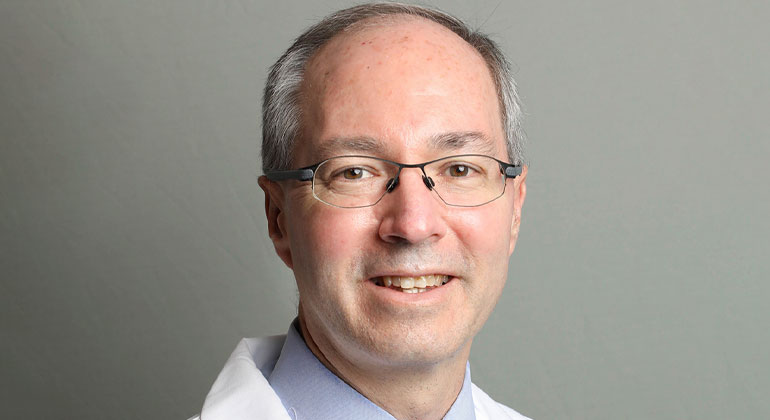New Polypill Increases Heart Attack Patients' Medication Adherence
Valentin Fuster, MD, PhD, presents new findings at ESC 2014 showing novel fixed-dosed combination drug has potential to prevent more patients from having a second heart attack.
New research shows a novel polypill increases patient adherence to treatment following a myocardial infarction (MI) or heart attack, according to new study results reported at the European Society of Cardiology's ESC Congress 2014 in Barcelona, Spain. According to Principal Investigator Valentin Fuster, MD, PhD, Director of Mount Sinai Heart at Icahn School of Medicine at Mount Sinai and General Director of the Centro Nacional de Investigaciones Cardiovasculares Carlos III (CNIC) in Madrid, Spain, the novel fixed-dose combination drug therapy regime has the potential to prevent more patients from having a second heart attack.
Cardiovascular disease (CVD) has steadily increased in prevalence to become the number one cause of death worldwide. It is estimated that half of the overall reduction in CVD mortality observed over the past 20 years in western countries could be attributed to appropriate use of CV medications for secondary prevention. However, according to researchers, the lack of adherence to prescribed treatment may be impeding adequate secondary prevention contributing to the CVD pandemic.
This novel FOCUS Study tested the polypill to evaluate post-heart attack patients' adherence to secondary prevention medication. The cost-effective polypill, with a fixed-dose combination of a blood thinner, a cholesterol-lowering drug, and an angiotensin-converting-enzyme inhibitor works to stabilize vessel walls and blood pressure. It contains aspirin (100 mg), simvastatin (40 mg), and ramipril (2.5, 5 or 10 mg). The polypill, named Trinomia, is the creation of Dr. Fuster, in partnership with CNIC in Spain and Ferrer Laboratories.
In the first phase of their research, FOCUS 1, the research team performed a comprehensive multi-country analysis of 2,118 post MI patients living in five different countries (Spain, Italy, Argentina, Brazil, and Paraguay) to assess the socioeconomic, comorbidity, and other factors that determine patient adherence to CV medications. The degree of adherence to prescribed medications was calculated using the Morisky Green Adherence Questionnaire, a self-reported method with four questions on adherence behavior, plus directly measured pill count.
The researchers found an average baseline adherence level of only 45.5 percent. The risk of being non-adherent was consistently associated across the five different countries with younger age, depression, being on a complex medication regimen, poorer health insurance coverage, and a lower level of social support.
The second phase of their research, FOCUS 2, was a randomized controlled clinical trial testing the effect of the fixed-dose combination polypill on patient adherence and control of post heart attack patients' CV risk factors. In this study, a total of 695 patients were enrolled from four countries (Italy, Spain, Argentina, and Paraguay) and followed for a period of 9 months.
"Patients were more likely to take their medication to prevent a heart attack when it was given as a polypill, rather than as three separate pills," says Dr. Fuster. "We found 66 percent of patients in the polypill group took their drugs compared to just 56 percent of patients in the group assigned to three drugs."
According to researchers, the FOCUS 1 Study has identified the reasons that impede appropriate adherence to CV medications in a post MI population from five different countries. While, FOCUS 2 has shown that, compared with the three drugs given separately, the use of a polypill strategy significantly increases self-reported and directly measured medication adherence for secondary prevention following an acute MI. FOCUS 2 research is ongoing and will assess whether there are any differences between the two treatment arms, safety, and costs.
"Our results suggest that the polypill has the potential to prevent more patients having a second heart attack," says Dr. Fuster. "A randomized trial is underdevelopment to test whether the improved adherence with the polypill found in FOCUS results in fewer post MI patients having another MI."
About the Mount Sinai Health System
Mount Sinai Health System is one of the largest academic medical systems in the New York metro area, with more than 43,000 employees working across eight hospitals, over 400 outpatient practices, nearly 300 labs, a school of nursing, and a leading school of medicine and graduate education. Mount Sinai advances health for all people, everywhere, by taking on the most complex health care challenges of our time — discovering and applying new scientific learning and knowledge; developing safer, more effective treatments; educating the next generation of medical leaders and innovators; and supporting local communities by delivering high-quality care to all who need it.
Through the integration of its hospitals, labs, and schools, Mount Sinai offers comprehensive health care solutions from birth through geriatrics, leveraging innovative approaches such as artificial intelligence and informatics while keeping patients’ medical and emotional needs at the center of all treatment. The Health System includes approximately 7,300 primary and specialty care physicians; 13 joint-venture outpatient surgery centers throughout the five boroughs of New York City, Westchester, Long Island, and Florida; and more than 30 affiliated community health centers. We are consistently ranked by U.S. News & World Report's Best Hospitals, receiving high "Honor Roll" status, and are highly ranked: No. 1 in Geriatrics and top 20 in Cardiology/Heart Surgery, Diabetes/Endocrinology, Gastroenterology/GI Surgery, Neurology/Neurosurgery, Orthopedics, Pulmonology/Lung Surgery, Rehabilitation, and Urology. New York Eye and Ear Infirmary of Mount Sinai is ranked No. 12 in Ophthalmology. U.S. News & World Report’s “Best Children’s Hospitals” ranks Mount Sinai Kravis Children's Hospital among the country’s best in several pediatric specialties.
For more information, visit https://www.mountsinai.org or find Mount Sinai on Facebook, Twitter and YouTube.
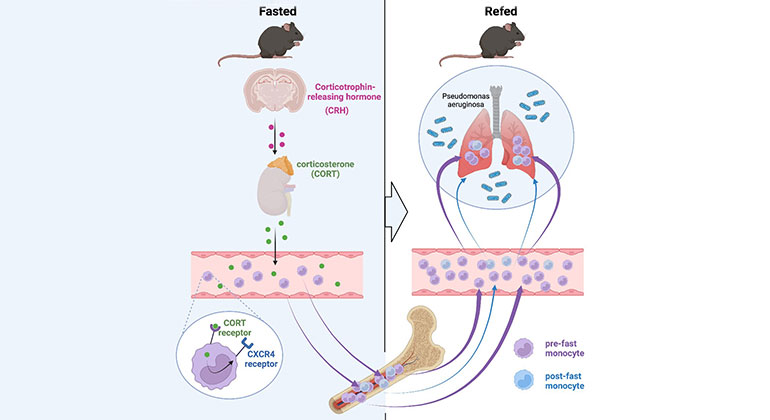
Skipping Breakfast May Compromise the Immune System
Feb 23, 2023 View All Press Releases
Valentin Fuster, MD, PhD, Receives Prestigious Award from City of Barcelona, Spain
Jan 23, 2023 View All Press Releases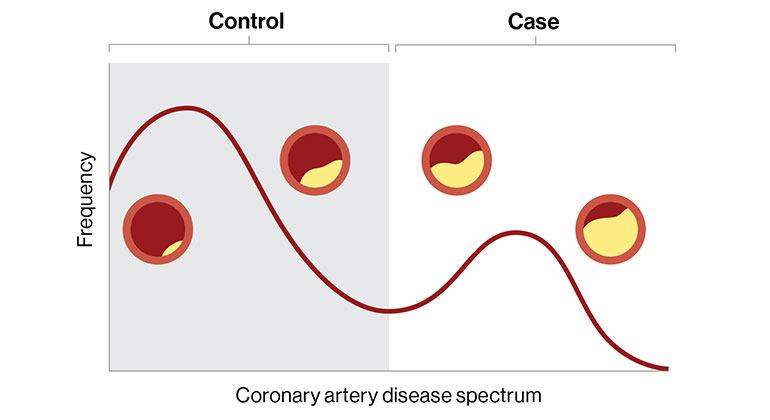
Digital Marker for Coronary Artery Disease Built by Researchers at Mount Sinai
Dec 20, 2022 View All Press Releases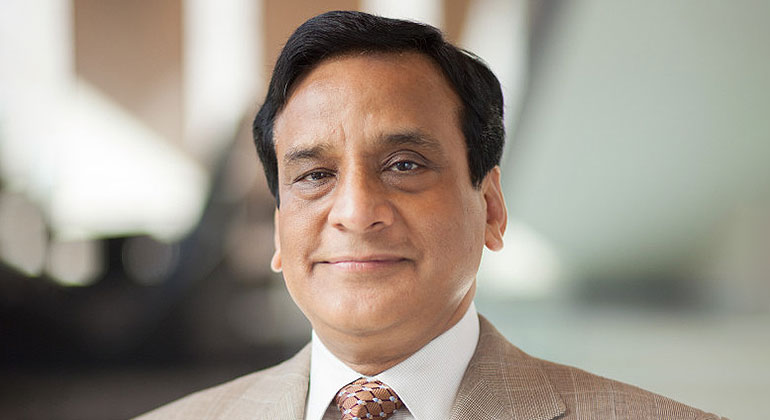
Samin Sharma, MD, Named Director of the Mount Sinai Cardiovascular Clinical Institute
Nov 28, 2022 View All Press Releases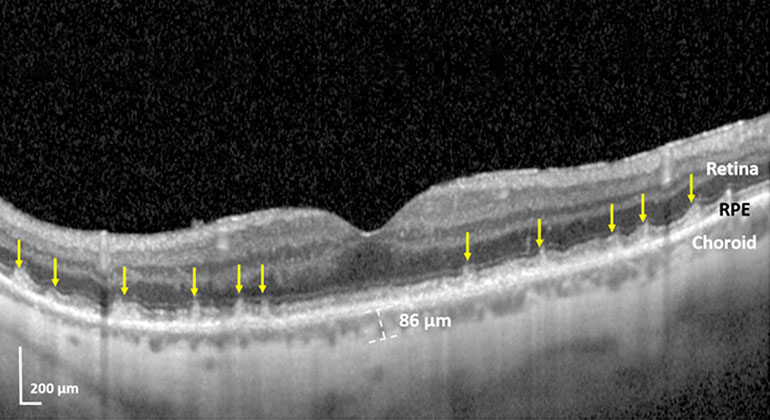
Blinding Eye Disease Strongly Associated With Serious Forms of Cardiovascular Disease
Nov 17, 2022 View All Press Releases